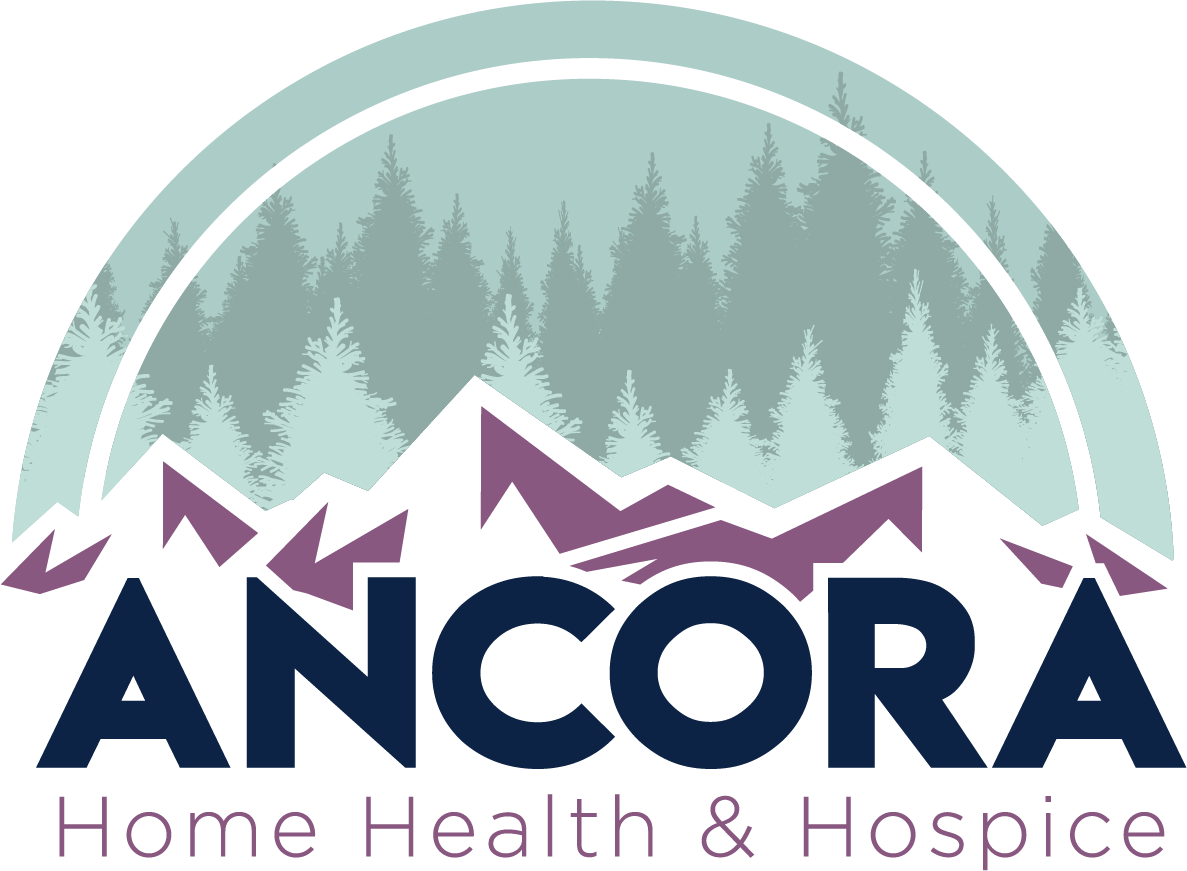COMPARE SERVICES |

Hospice Myths vs Facts
Common Myths About Hospice Care
Myth: Hospice is something to do when there is nothing else to be done.
Fact: Hospice is the “something more” that can be done for the next stage of illness management.
Myth: Hospice is about giving up hope.
Fact: Hospice is about empowering oneself in choosing how the remaining time in life will be spent. It emphasizes living to the fullest extent and as pain-free and independently as possible during the end-of-life journey. Hospice offers comfort and dignity that is often not possible through traditional care. Families find the medical, emotional, and spiritual support received during the end-of-life stages invaluable.
Myth: Hospice accelerates the dying process.
Fact: Hospice does not accelerate the dying process; rather, hospice provides the necessary support and comfort for the patient in the end stages of life. Studies have shown that patients often live longer through the peace and comfort that comes with hospice care.
Myth: Families are not part of end-of-life care.
Fact: Hospice encourages the whole family to be a part of a patient’s care and helps facilitate the experience of death in a supportive and guided environment. Families are able to enjoy their remaining time with their loved ones while learning how to counteract their fears of losing them. Bereavement services are provided for families/caregivers following a loved one’s passing to assist in the grieving process.
Myth: An individual can’t keep his/her own doctor once they enter hospice.
Fact: Hospice physicians work closely with the patient’s doctor of their choice to collectively determine a plan of care, which is then overseen by the physician in the best position to manage care.
Myth: Hospice is expensive and is not covered by insurance.
Fact: Hospice is significantly less expensive than conventional care and most insurance plans (including Medicare and Medicaid) offer full coverage with little to no out-of-pocket expense. In addition, patients often see a substantial reduction in the costs of medication, medical supplies, and medical equipment.
Myth: Hospice care ends immediately after a period of six months.
Fact: Hospice care can be continued for as long as the doctor and hospice Medical Director continue to certify that there is a terminal illness with a prognosis of six months or less left to live. This can mean that care will extend past the six-month time frame established by Medicare with no additional time limit outside of the terminal prognosis parameter. If there is no longer a need for hospice care, a patient will be transitioned out of the program in a way that is comfortable for the patient and family.
Myth: Hospice is only for cancer patients.
Fact: Hospice helps patients with all types of illnesses and is designed to provide care to anyone with a life-limiting illness. The top diagnoses in hospice nationwide are cancer, heart disease, dementia, and lung disease.
Myth: Hospice provides 24-hour care service with a nurse always in the home.
Fact: Hospice is an intermittent care program with visits that vary based on need as established in the plan of care. One of the goals of hospice is to educate caregivers so they are prepared for the changing needs of the individual as the disease progresses so they know how to manage comfort on a daily basis. Knowing what to expect and how to handle care needs helps decrease fear and stress for the patient and the caregiver. Certified Nursing Assistants are able to provide assistance with bathing, dressing, and grooming. Hospice offers volunteers to provide respite for the caregiver or companionship for the patient for short periods of time. Staff can connect you with in-home personal care services that can provide care in addition to hospice.
Myth: Hospice is only for the last few days or weeks of life.
Fact: Hospice is best utilized early on in the prognosis of a terminal disease in order to fully benefit from the services and care. The goal is to have regular visits with the patient and family over several months to provide support through changing end-of-life needs. The most common statement by families who elect hospice care is they wish they would have started sooner. Illness can progress suddenly, so it is best to be educated and prepared for what to expect, as well as to be informed of the necessary resources to reduce stress.
Myth: Medicare will not cover health-related expenses outside of hospice care.
Fact: Medicare will cover treatments for health issues or injuries not related to the terminal illness as defined by the normal scope of coverage.
Myth: All medications are stopped once on hospice care.
Fact: Medications may be continued, discontinued, changed, or added to aid in comfort and symptom management as needed. The decision to change medications once on hospice care is made collectively between the hospice physician and patient and is specific to each patient’s diagnosis, needs and desires.
Myth: Hospice is a one-size-fits-all approach.
Fact: Each patient’s care is individually assessed and a unique plan of care is created with the collaboration of the patient, the patient’s doctor of choice, and the hospice interdisciplinary team, including the hospice Medical Director.
Myth: Once an individual is enrolled in hospice care, he/she cannot voluntarily leave the hospice program and is not eligible to pursue other treatments.
Fact: An individual can withdraw from hospice care at any time and for any reason. They can also choose to resume care at any time, provided they continue to qualify as terminally ill with a prognosis of six months or less to live should the disease run its normal course.
Myth: Hospice is only for bed-bound individuals.
Fact: A person may be active and have full mobility when entering hospice care. We encourage individuals to be active in their lives at the level with which they are comfortable to make the most of each day. Hospice is a time to live, and we believe in the importance of quality over quantity.
Frequently Asked Question
Do you still have questions about hospice? Check out our hospice FAQs.


HOME HEALTH |

ADVANCE CARE PLANNING |

PALLIATIVE CARE |
